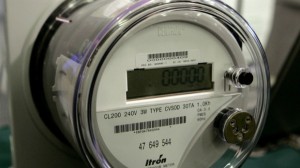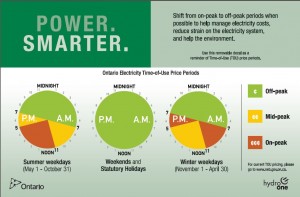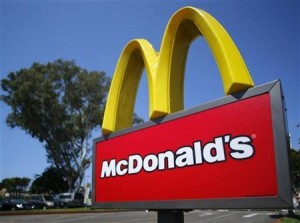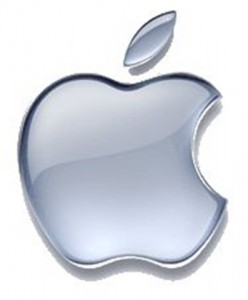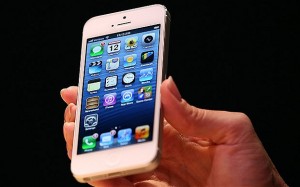I recently read a blog called Sparking Smart Meters Ignite Public Outrage in BC by one of my classmates, and I thought that the debate over the smart meters was very intersting. A lot of consumers are against the installation of BC Hydro’s new smart meters, which will track individual hydro usage, because they say that it is an invasion of privacy. In addition, critics state that it is a health concern, as the meters use radiation to track consumption, although BC Hydro says that it is no more cancerous than talking on a cell phone.
I come from Ontario, where these smart meters have already been introduced, and I see them as a good investment. They will help BC Hydro track power consumption more efficiently, and help them prevent power theft. This will lead to money saving for BC Hydro, and ultimately for consumers, as BC Hydro is a Crown Corporation. The smart meter program has been relatively successful in Ontario, and has helped Hydro One, Ontario’s hydro company, come up with time of use pricing to help consumers manage their hydro usage more effectively.

